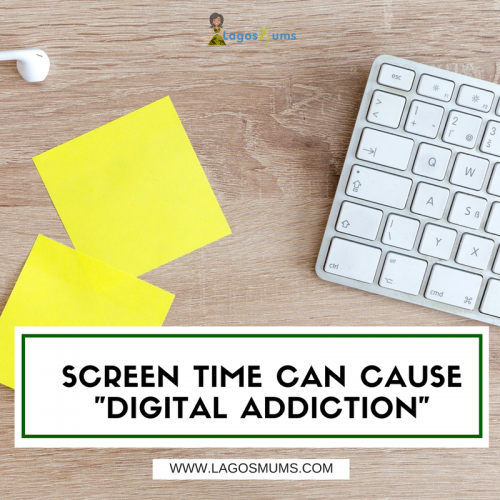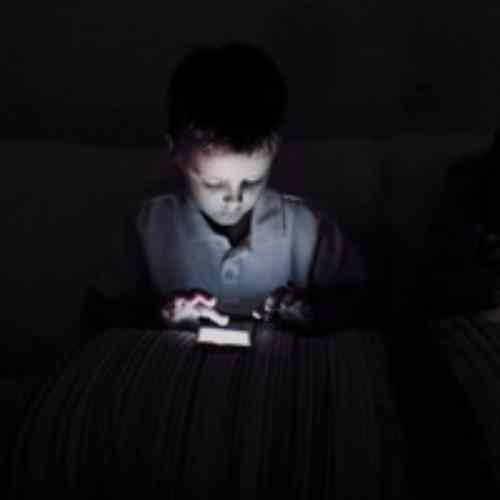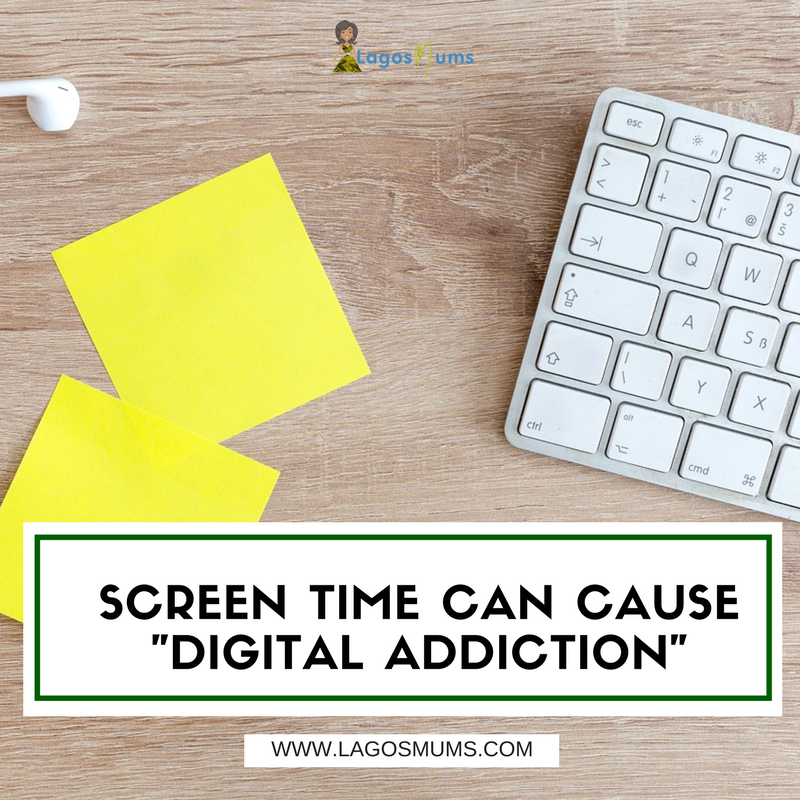The digital age and parenting are synonymous with 21st Century parenting. The question of technology is not a matter of “If your child will use it” but rather “when your child will use it”. This article from NYPost shares a mother’s struggle with her son’s digital addiction and discusses how screen time is turning children into technology junkies. Read on and see why you should be worried. If you notice any traits that concern you, take action now.

She wanted to do what was best for her son, so she started letting John play different educational games on his iPad. He discovered Minecraft, which the technology teacher assured her was “just like electronic Lego.”
At first, Susan was quite pleased. John seemed engaged in creative play and did seem to really like playing. In addition, the school even had a Minecraft club, so she thought it could not be bad.
Change in Behaviour
Susan couldn’t deny she was seeing changes in John. He had started getting more focused on his game and losing interest in baseball, reading, and refusing to do his chores. Some mornings, he would wake up and tell her that he could see the cube shapes in his dreams.
Although that concerned her, she thought her son might just be exhibiting an active imagination. As his behaviour continued to deteriorate, she tried to take the game awa,y but John threw temper tantrums. His outbursts were so severe that she gave in, rationalising to herself that “it is educational.”
Then, one night, she realised that something was seriously wrong.
“I walked into his room to check on him. He was supposed to be sleeping — and I was just so frightened…”
The progression into becoming a technology junkie can start slowly.
She found him sitting up in his bed, staring wide-eyed, his bloodshot eyes looking into the distance as his glowing iPad lay next to him. He seemed to be in a trance. Beside herself with panic, Susan had to shake the boy repeatedly to snap him out of it.
Distraught, she could not understand how her once-healthy and happy little boy had become so addicted to the game that he wound up in a catatonic stupor. Was this a sign of technology junkies?

Tech-Cautious Parents
There’s a reason that the most tech-cautious parents are tech designers and engineers. Steve Jobs was a notoriously low-tech parent. Silicon Valley tech executives and engineers enroll their kids in no-tech Waldorf Schools. Google founders Sergey Brin and Larry Page went to no-tech Montessori Schools, as did Amazon creator Jeff Bezos and Wikipedia founder Jimmy Wales.
How Screen Time Is Turning Children Into Technology Junkies Share on X
Many parents intuitively understand that ubiquitous glowing screens are having a negative effect on kids. Aggressive temper tantrums are common when the devices are taken away. Children have short attention spans when not perpetually stimulated by their hyper-arousing devices. In social interaction, we see children who become bored, apathetic, uninteresting, and uninterested when not plugged in.
But it’s even worse than we think
We now know that iPads, smartphones, and Xboxes are a form of digital drug. Recent brain imaging research shows that they affect the brain’s frontal cortex. Precisely the same way that cocaine does. Because technology is so hyper-arousing, it raises dopamine levels. This is the feel-good neurotransmitter most involved in the addiction dynamic.
Dr Peter Whybrow, director of neuroscience at UCLA, calls screens “electronic cocaine,” and Chinese researchers call them “digital heroin.” Dr Andrew Doan, who has been researching video game addiction, calls video games and screen technologies “digital pharmakeia” (Greek for drug).
That’s right — a child’s brain playing electronic games looks like a brain on drugs
That is why we have a hard time peeling kids from their screens. In addition, hundreds of clinical studies show that screens increase depression, anxiety, and aggression. It can even lead to psychotic-like features where the video gamer loses touch with reality.
An expert advises that “An ounce of prevention is worth a pound of cure”. This is especially true when it comes to tech addiction. Once a child has crossed the line into true tech addiction, treatment can be very difficult. According to the American Academy of Pediatrics, 8 to 10-year-olds spend 8 hours a day with various digital media, while teenagers spend 11 hours in front of screens.
One in three children is using tablets or smartphones before they can talk. Once a person crosses over the line into full-blown addiction, digital or otherwise, they need to detox before any other kind of therapy can have any chance of being effective. A full digital detox means no computers, no smartphones, no tablets. The extreme digital detox even eliminates television. It takes between four and six weeks for a hyper-aroused nervous system to reset itself. A person can live without drugs or alcohol; with tech addiction, digital temptations are everywhere.
How do we keep our children from addiction to screen time?
Prevent your 4, 5, or 8-year-old from getting hooked on screens. That means Lego instead of Minecraft, books instead of iPads, and nature and sports instead of TV.
Developmental psychologists understand that children’s healthy development involves social interaction, creative, imaginative play, and engagement with the real, natural world. Unfortunately, the immersive and addictive world of screens dampens and stunts those developmental processes.
In the end, Susan removed John’s tablet, but recovery was an uphill battle. Four years later, after much support and reinforcement, John is doing much better today. His mother is managing his screen time by ensuring he has healthy outlets. As well as no computer in his bedroom and a nightly tech-free dinner. Parents can monitor the amount of time that their children spend on screens to reduce the risk of addiction.
Read Also
Read more about technology and parenting here
How Far Will Parents Go to Stop Game Addiction
Child Addicted to their Smartphone? Tips for Parents
What Parents Need to Know About Gaming Addiction
Dr Nicholas Kardaras is the executive director of The Dunes East Hampton. He wrote a book “Glow Kids: How Screen Addiction Is Hijacking Our Kids — and How to Break the Trance”



